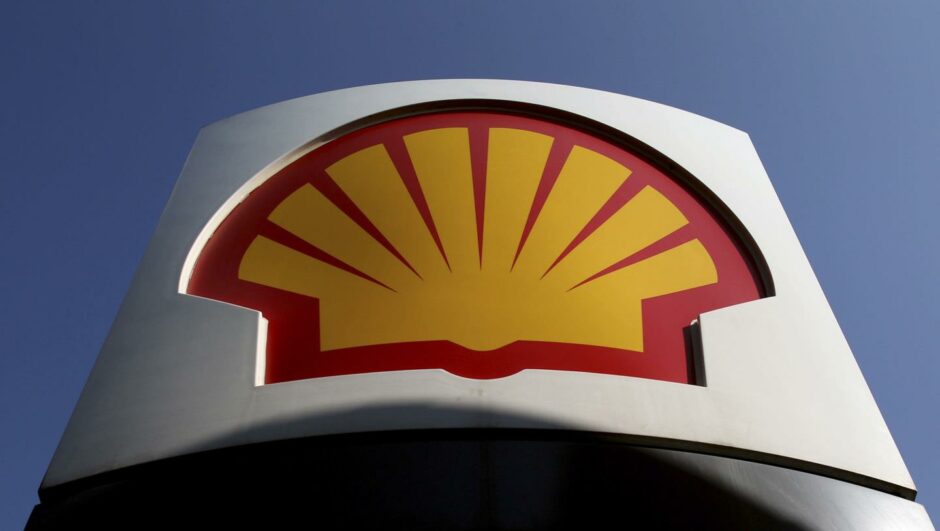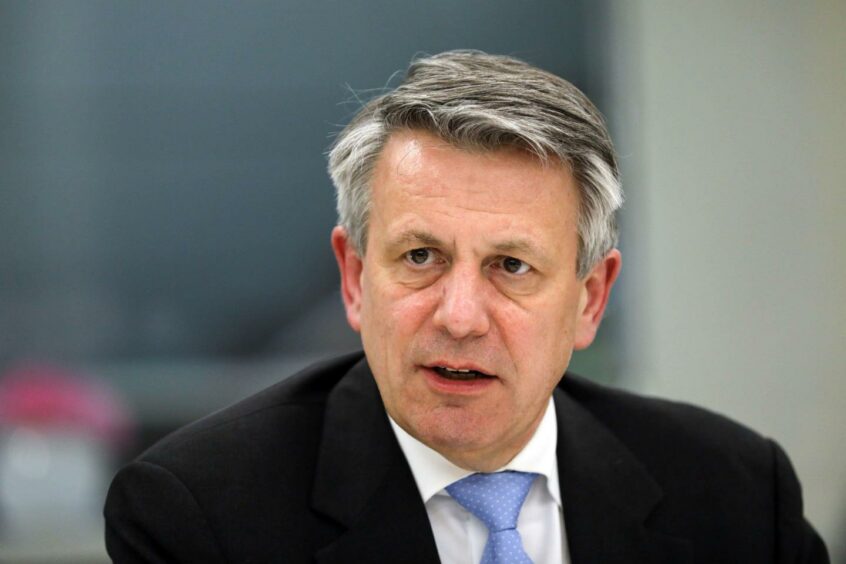
Shell has announced its intent to withdraw from all involvement in oil and gas from Russia, including trading of hydrocarbons and closing a range of service businesses.
Chief executive Ben van Beurden said Shell is “sorry” for its decision last week to buy a cargo of Russian crude, adding it was “not the right” decision.
In a statement issued today, the energy giant said it will immediately cease trading of Russian oil and gas, as well as shut its service stations, aviation fuels and lubricants operations in Russia.
Forecourts will be closed “in a careful way”, but the process shall start immediately, it said.
Last week Shell said it intends to exit its ventures with Gazprom and related entities in light of Russia invading Ukraine.
However it came under scrutiny when it was revealed that a trader had bought a cargo of Urals crude on Friday which was at an increasing discount to Brent.
The Financial Times reported Shell stood to make $20 million profits in the purchase of the cargo – Shell went on to say it would continue to trade Russian oil but profits would go to a fund for Ukraine.
However, today Shell has said it will stop all spot purchases of Russian crude oil “as an immediate first step”.
Chief executive Ben van Beurden said: “We are acutely aware that our decision last week to purchase a cargo of Russian crude oil to be refined into products like petrol and diesel – despite being made with security of supplies at the forefront of our thinking – was not the right one and we are sorry.
“As we have already said, we will commit profits from the limited, remaining amounts of Russian oil we will process to a dedicated fund. We will work with aid partners and humanitarian agencies over the coming days and weeks to determine where the monies from this fund are best placed to alleviate the terrible consequences that this war is having on the people of Ukraine.
“Our actions to date have been guided by continuous discussions with governments about the need to disentangle society from Russian energy flows, while maintaining energy supplies.”
Mr van Beurden went on to reference a threat from Russia today that it would cease providing gas to a reliant Europe via the Nord Stream 1 pipeline, illustrating the “difficult choices” to be made.
Shell said it is consulting with governments to remove Russian volumes from its supply chain “as fast as possible”.
Unless instructed not to do so by governments, Shell will start a phased withdrawal of Russian petroleum products, pipeline gas and LNG, which will require “concerted action by governments, energy suppliers and customers”.
This latter action will require a transition to other energy supplies which “will take much longer”, it said.
Incredibly difficult trade-offs
Mr van Beurden added: “These societal challenges highlight the dilemma between putting pressure on the Russian government over its atrocities in Ukraine and ensuring stable, secure energy supplies across Europe.
“But ultimately, it is for governments to decide on the incredibly difficult trade-offs that must be made during the war in Ukraine. We will continue to work with them to help manage the potential impacts on the security of energy supplies, particularly in Europe.”
Last week, Shell announced it would exit several Russian joint ventures with Gazprom, including a 27.5% stake in the Sakhalin-II LNG facility, its 50% stake in the Salym Petroleum Development and the Gydan energy venture.
It also said it would end its involvement in the Nord Stream 2 pipeline project.
This latest move comes as US traders have been refusing to buy Russian crude, despite sanctions not being in place against it.
It continues Big Oil’s exodus from Russia, with BP, Equinor and Exxon Mobil also announcing plans to exit their joint ventures there.
TotalEnergies has condemned the invasion of Ukraine but has not said it will divest its 20% stake in Novatek.
CEO Patrick Pouyanne spoke at CERA Week in Houston saying TotalEnergies traders are not buying Russian oil, however divesting from assets there would be inconsistent while Europe still burns the nation’s fuel.
Recommended for you


 © Bloomberg
© Bloomberg